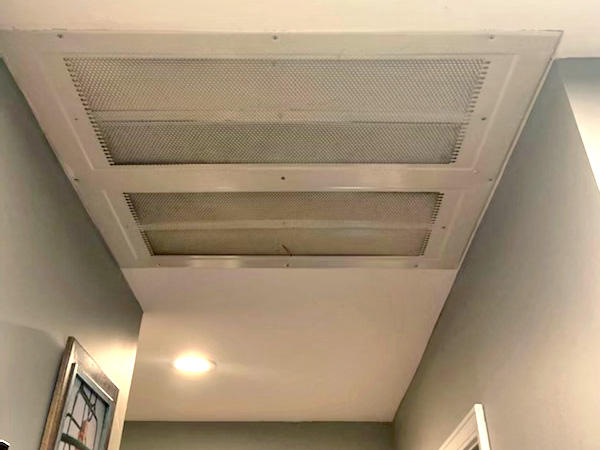How Much Does It Cost to Repair or Replace a Water Heater in Georgia?

Water heater broke? Well, you can quit bein’ ugly about it. It actually costs less to repair or replace your water heater in Georgia than the national average.
This May Also Interest You: How Much Does It Cost to Repair or Replace a Water Heater?
Your water heater powers your dishwasher, clothes washer and the hot shower you crave at the end of the day. When it goes kaput, it's not so much a matter of whether you should have it serviced, but how much that service will cost. And if your hot water is already out, the last thing you want right now is to be blindsided by exorbitant water heater service fees. So take a break from calling around for estimates and pour yourself a sweet tea. These figures should give you a pretty good idea of how much you can expect to pay in the Peach State.
Repair and replacement costs vary depending on where you live. For comparison, the national average for diagnosis is $99, for repair is $493 and for replacement is $1,741.
The following average prices are based on aggregated HomeServe data reported by our network of contractors across the state of Georgia:
Water Heater Diagnosis: $91
The technician will charge you a diagnostic fee to come out and tell you whether your system needs to be repaired or replaced. For Georgians, this fee is about 8% lower than the national average.
Water Heater Repair: $351
Any of a number of things may be going wrong with your water heater — issues with the gas control valve, a faulty thermostat or a combination of several malfunctions. This average repair price includes replacement parts and the labor to install them. Repairs cost an average of 29% less in Georgia than in the U.S. overall.
Water Heater Replace: $1,372
Did you know most water heaters only last about 10 years? If yours has passed the decade mark, a breakdown might signify that it needs to be replaced. Georgia’s average replacement price is 21% less than the nation’s.
(Note that HomeServe water heater data should generally be assumed to refer to conventional “tanked” models — the most common type — as opposed to tankless or “on-demand” models, which can cost roughly twice as much.)
More Related Articles:


